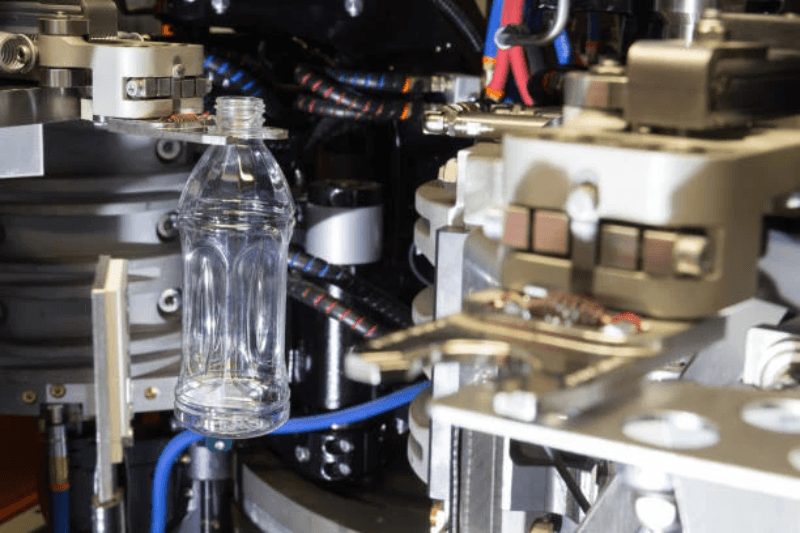
Are you in the market for a central granulator for your manufacturing facility, but feeling overwhelmed by all the options available? Choosing the right central granulator is crucial for ensuring efficient production and high-quality output. In this informative guide, we will walk you through the key factors to consider when selecting a Central Granulator that meets your specific needs.
Factors to Consider When Choosing a Central Granulator
Capacity and Throughput
One of the first factors to consider when choosing a central granulator is the capacity and throughput requirements of your manufacturing process. Central granulators come in a range of sizes and configurations, so it's important to accurately assess the amount of material you need to process on a daily basis. Consider factors such as the type of material being granulated, the desired end product size, and the frequency of production runs.
Rotor Design and Cutting Technology
The rotor design and cutting technology of a central granulator play a critical role in determining the efficiency and effectiveness of the granulation process. Rotor designs can vary significantly, with options such as open rotor, closed rotor, and staggered rotor configurations. Additionally, the cutting technology used in the granulator can impact the quality and consistency of the granulated material. Be sure to research different rotor designs and cutting technologies to find the best fit for your specific application.
Material Handling and Dust Extraction
Efficient material handling and dust extraction systems are essential for maintaining a clean and safe working environment in your manufacturing facility. When selecting a central granulator, consider the material handling capabilities of the machine, including features such as conveyor belts, hoppers, and discharge chutes. Additionally, ensure that the granulator is equipped with an effective dust extraction system to minimize airborne particles and maintain optimal air quality in the facility.
Energy Efficiency and Operating Costs
In today's competitive manufacturing landscape, energy efficiency and operating costs are key considerations for businesses looking to maximize their profitability. When evaluating central granulator options, look for machines that are designed with energy-efficient motors, variable speed drives, and other features that can help reduce overall operating costs. While initial purchase price is important, it's equally crucial to consider long-term maintenance and energy expenses associated with the granulator.
Maintenance and Service Support
Regular maintenance and timely service support are essential for ensuring the longevity and performance of your central granulator. Before making a purchase, inquire about the maintenance requirements of the machine, including lubrication schedules, wear part replacements, and routine inspections. Additionally, choose a reputable manufacturer or supplier that offers comprehensive service and support to address any issues that may arise with the granulator.
Integration with Existing Equipment
If you already have existing equipment in your manufacturing facility, it's important to ensure that the central granulator you choose can integrate seamlessly with your current setup. Consider factors such as space constraints, electrical compatibility, and workflow efficiency when selecting a granulator that can work in harmony with your existing equipment. Consult with an experienced engineer or consultant to assess the compatibility of the granulator with your facility's layout and production workflow.
Conclusion
Choosing the right central granulator for your manufacturing needs is a decision that requires careful consideration of various factors, including capacity and throughput, rotor design and cutting technology, material handling and dust extraction, energy efficiency and operating costs, maintenance and service support, and integration with existing equipment. By thoroughly researching and evaluating these key factors, you can select a central granulator that meets your production requirements and helps you achieve optimal efficiency and quality in your manufacturing process.